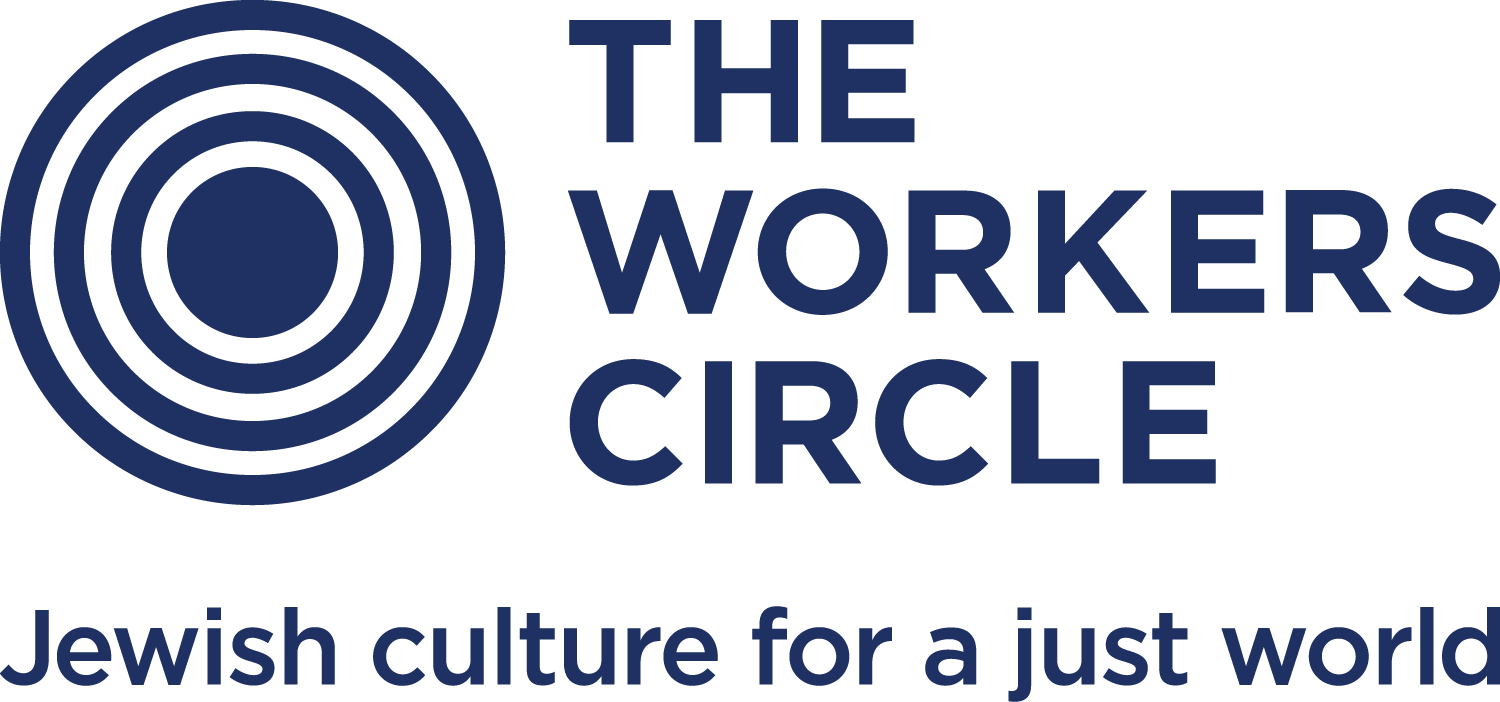Intermediate – Advanced with Daniel Galay: Mirele Efros and Got, Mentsh un Tayvl – Masterpieces of Yiddish Theater: Wednesday 11:00 AM – 12:30 PM: Oct. 30, Nov. 6, 13, 20, 27, Dec. 4, 11, 18, Jan8,15
Wednesday 11:00 AM – 12:30 PM: Oct. 30, Nov. 6, 13, 20, 27, Dec. 4, 11, 18, Jan. 8, 15
Jacob Gordin (1853–1905) wrote the two biggest hits of Yiddish theater of all time: Mirele Efros (the Yiddish King Lear), and Got, Mentsh un Tayvl. We will read the texts together, analyze them, and try to understand the depth of Gordin's dramas, how he describes the intergenerational rift, the societal background, the tensions between rich and poor, and the primary question of what distinguishes true drama from melodrama. Reading the work together, we will bring to life the characters who captured audiences for generations and crowned Jacob Gordin as one of our most prominent and beloved playwrights.
Wednesday 11:00 AM – 12:30 PM: Oct. 30, Nov. 6, 13, 20, 27, Dec. 4, 11, 18, Jan. 8, 15
Jacob Gordin (1853–1905) wrote the two biggest hits of Yiddish theater of all time: Mirele Efros (the Yiddish King Lear), and Got, Mentsh un Tayvl. We will read the texts together, analyze them, and try to understand the depth of Gordin's dramas, how he describes the intergenerational rift, the societal background, the tensions between rich and poor, and the primary question of what distinguishes true drama from melodrama. Reading the work together, we will bring to life the characters who captured audiences for generations and crowned Jacob Gordin as one of our most prominent and beloved playwrights.
Wednesday 11:00 AM – 12:30 PM: Oct. 30, Nov. 6, 13, 20, 27, Dec. 4, 11, 18, Jan. 8, 15
Jacob Gordin (1853–1905) wrote the two biggest hits of Yiddish theater of all time: Mirele Efros (the Yiddish King Lear), and Got, Mentsh un Tayvl. We will read the texts together, analyze them, and try to understand the depth of Gordin's dramas, how he describes the intergenerational rift, the societal background, the tensions between rich and poor, and the primary question of what distinguishes true drama from melodrama. Reading the work together, we will bring to life the characters who captured audiences for generations and crowned Jacob Gordin as one of our most prominent and beloved playwrights.


